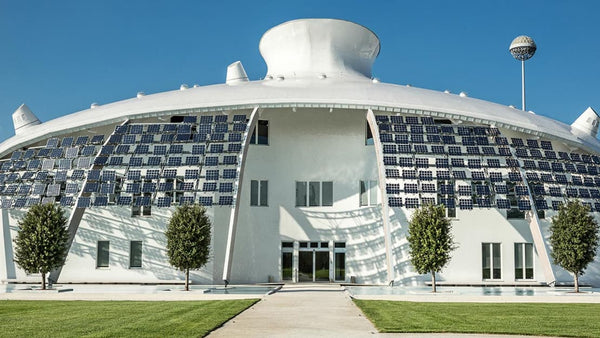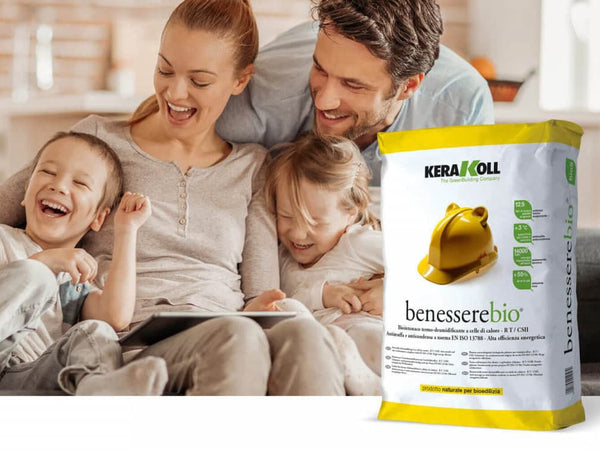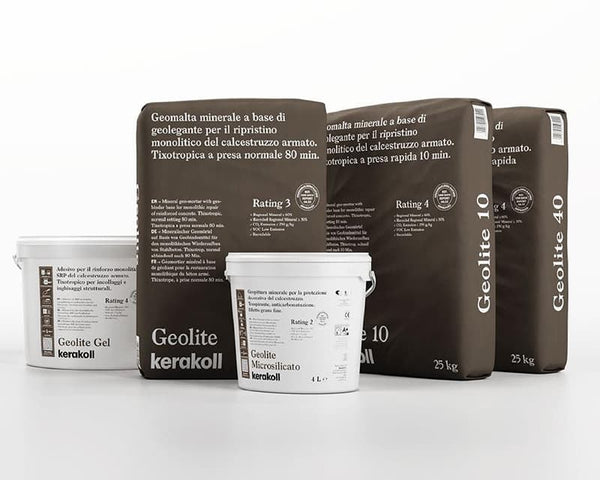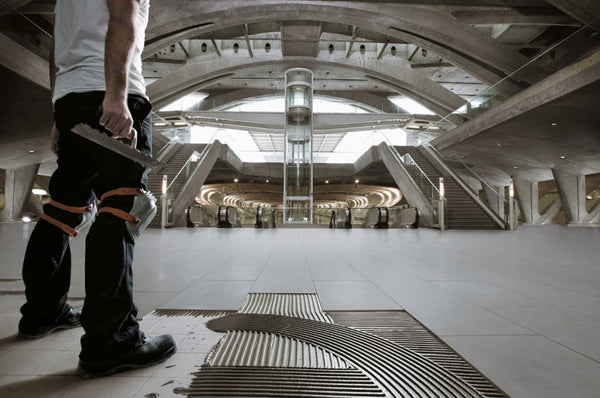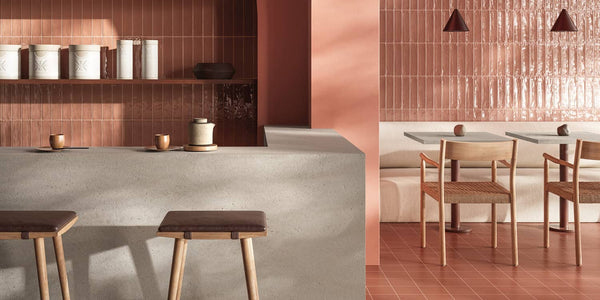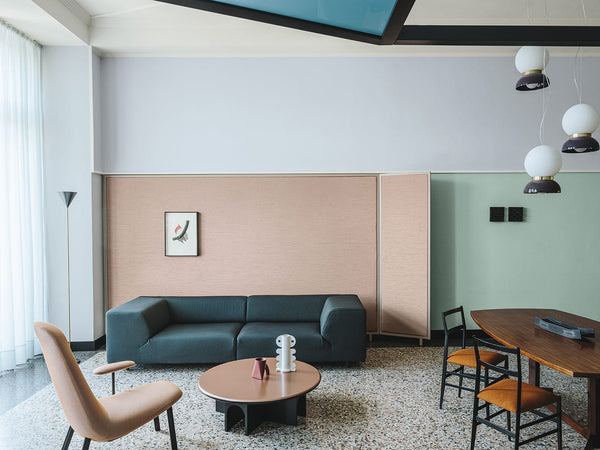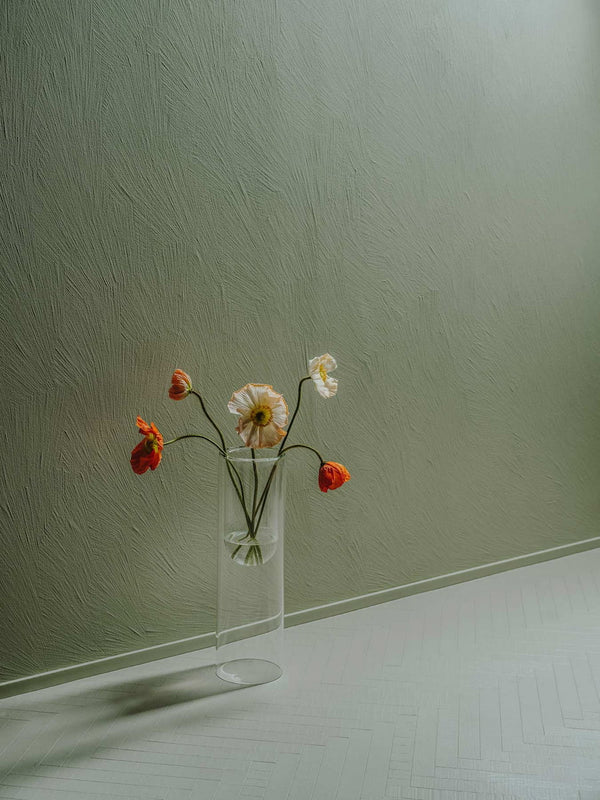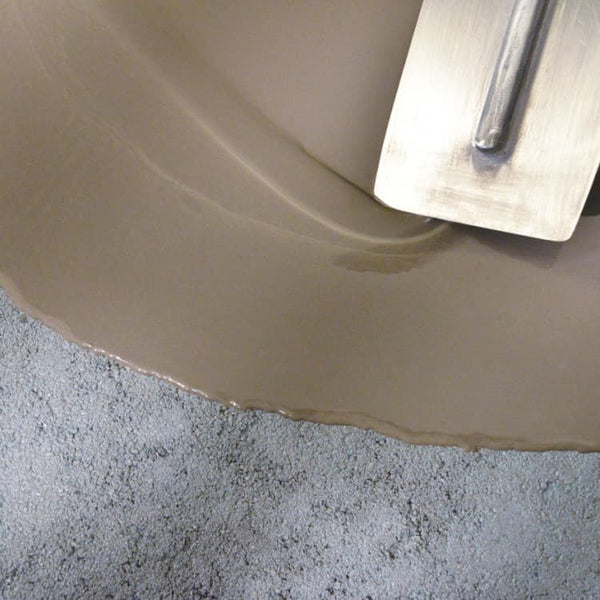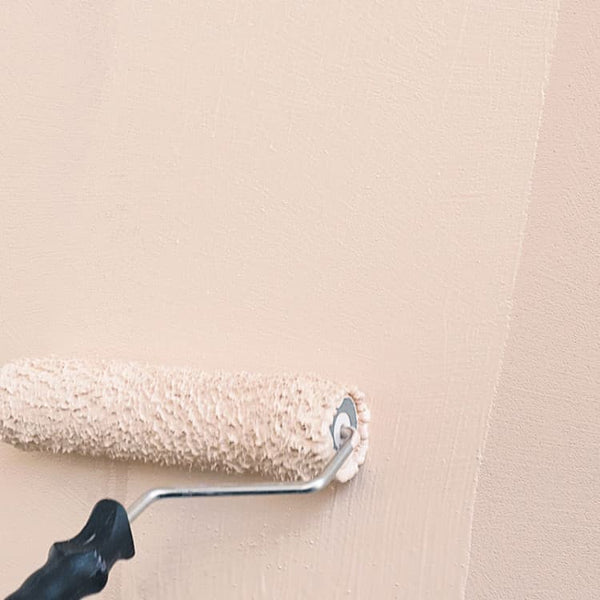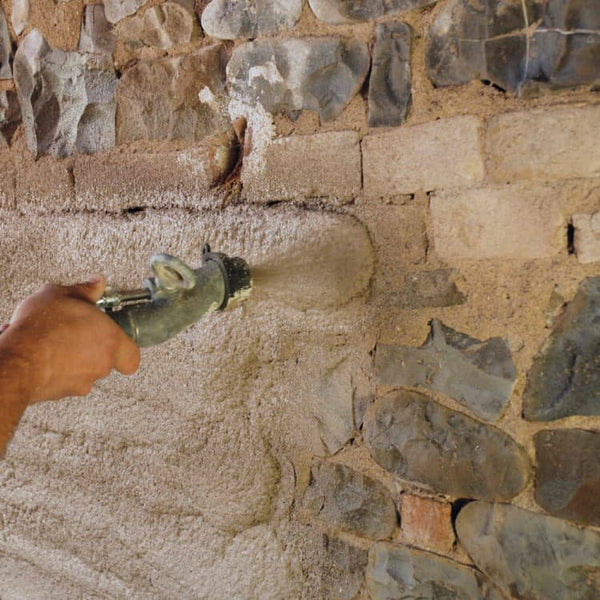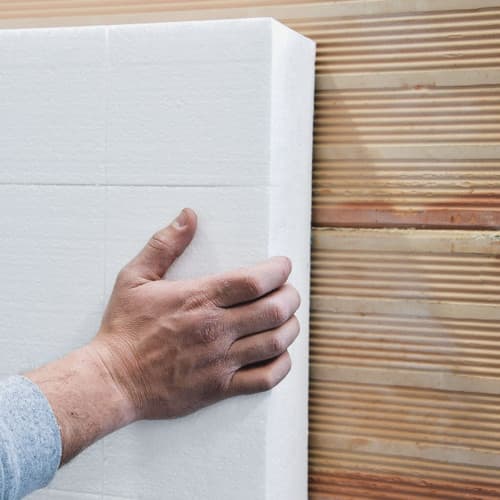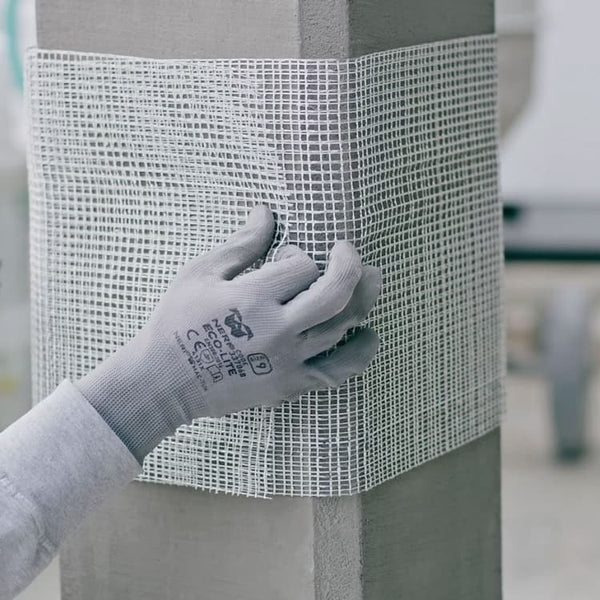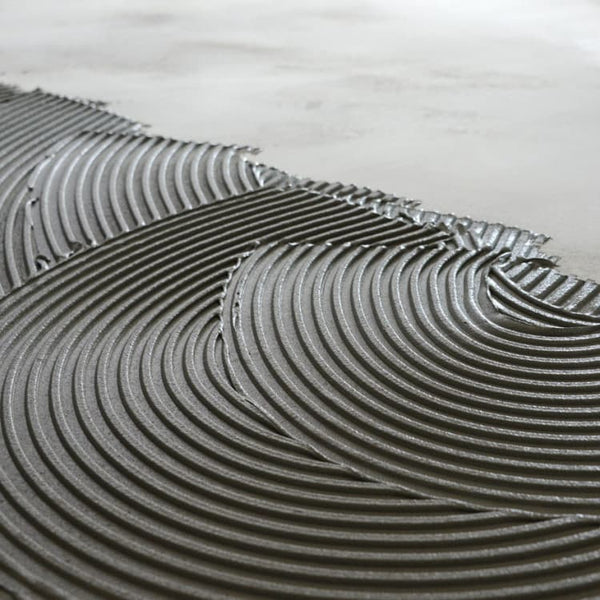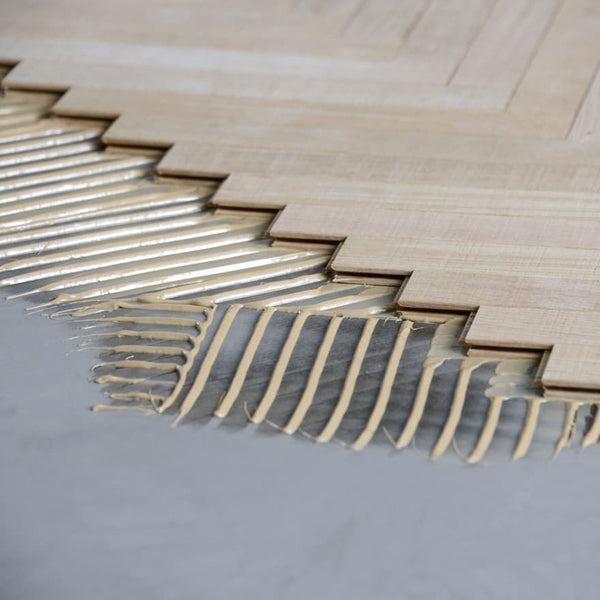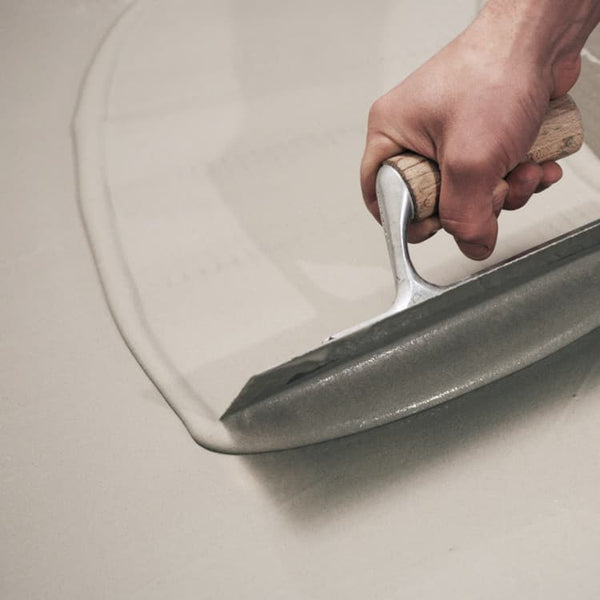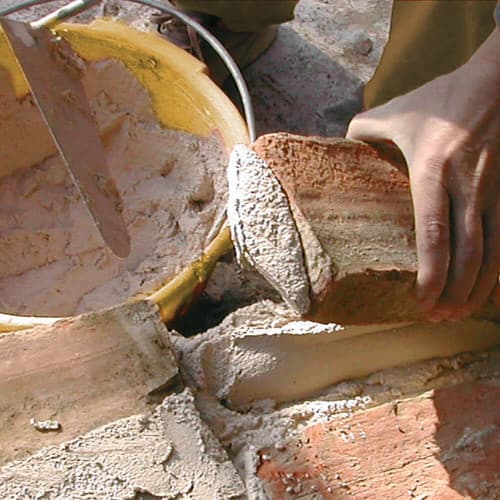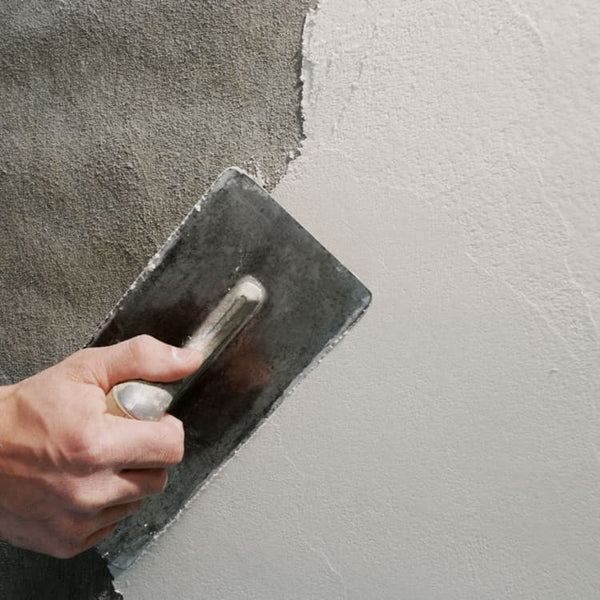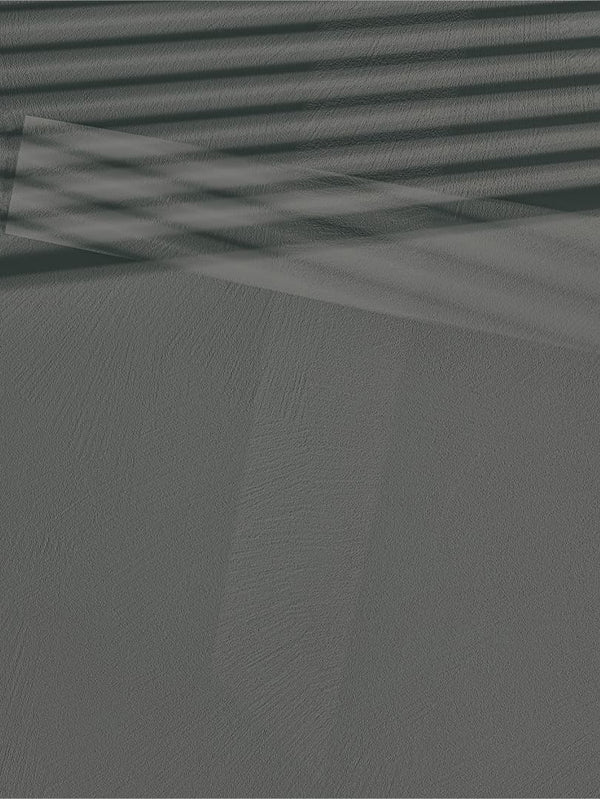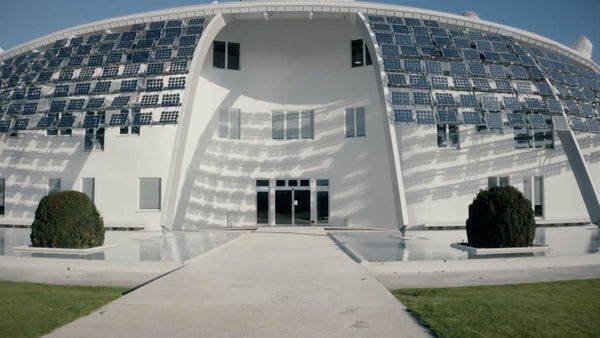
Kerakoll: The history of innovation and sustainability
In a world where sustainable building materials and environmentally friendly practices are becoming increasingly important, Kerakoll stands out as a pioneering force in the industry. Founded in 1968, the Italian company has become a global leader in the production of adhesives, sealants and other construction materials, while showing a strong commitment to environmental care. In this blog post, we present the rich history of Kerakoll, from its humble beginnings to becoming an international powerhouse.
The early years: the foundations of innovation
Kerakoll was founded by Romano Sghedoni in Sassuolo, a small town in northern Italy known for its ceramics industry. Driven by the desire to revolutionize the world of building materials, Sghedoni began experimenting with new chemical formulations for adhesives that would allow ceramic tiles to better adhere.
His persistence paid off, and in 1970 Kerakoll launched its first product: H40 glue. This innovative adhesive not only provided a better bond than traditional cement-based products, but also reduced installation time and minimized environmental impact. The success of H40 made Kerakoll a major player in the Italian building materials market.

Kerakoll was founded by Romano Sghedoni in 1968 in Sassuolo, Italy.
Going green: commitment to sustainability
From the beginning, Kerakoll operated guided by a strong sense of environmental responsibility. As the company grew, it continued to prioritize the development of environmentally friendly products, processes and solutions. In 1996, he launched the GreenBuilding philosophy, which placed sustainability at the center of his business strategy.
Kerakoll was among the first companies to use a closed-loop production system, which aims to minimize waste and maximize the recycling of raw materials. By investing in research and development, the company has been able to create products that reduce the environmental impact of construction projects, such as low-VOC adhesives and water-based grouts.

Kerakoll was the technical supplier of the Bird's Nest Olympic Stadium in Beijing.
International expansion
With a reputation for quality and sustainability, Kerakoll began to expand its reach outside of Italy. The company established subsidiaries and opened production facilities in countries such as Spain, France, and the United Kingdom to better serve the needs of international customers.
In the early 2000s, Kerakoll continued its expansion in the North American market, and later expanded its presence to Asia and the Middle East. Today, the company operates in more than 100 countries, with a network of more than 2,000 distributors and more than 1,100 employees.

Kerakoll supplied building materials for the Louvre in Abu Dhabi.
Acceptance of technological progress
Kerakoll's commitment to innovation is not limited to its products; the company is also at the forefront of using the most modern technologies in order to improve its operations. In recent years, Kerakoll has invested in automation and digitalization to simplify its production processes and reduce its environmental footprint.
The company has also embraced the principle of Industry 4.0, integrating advanced analytics, artificial intelligence and the Internet of Things (IoT) into its manufacturing processes. This enabled Kerakoll to optimize its supply chain, improve product quality and reduce waste.

Kerakoll GreenLab: the present and future of construction
Summary: A legacy of excellence and sustainability
The history of Kerakoll is a testament to the power of innovation and the importance of environmental care. Over the past five decades, the company has continuously pushed the boundaries of what is possible in the world of building materials, while remaining true to its core values of sustainability and quality.
Today, Kerakoll stands as a symbol of industry excellence and a reminder that success and sustainability can go hand in hand. As the company looks to the future, it will no doubt continue to make changes and inspire others to adopt more responsible practices in the production of sustainable building materials.


